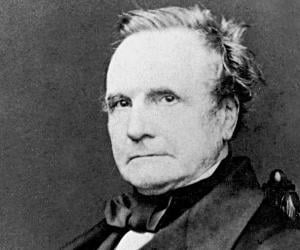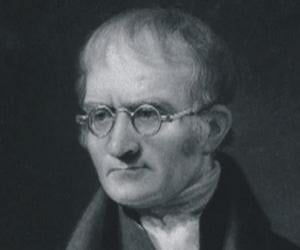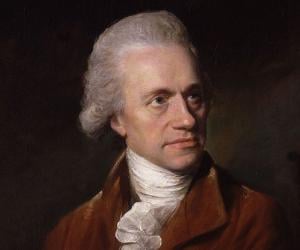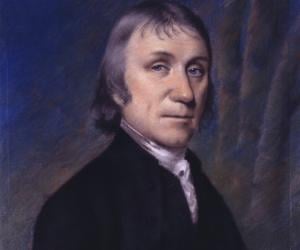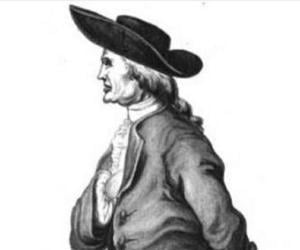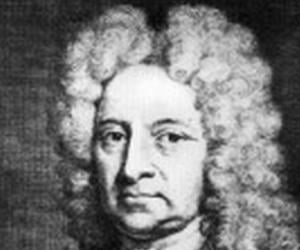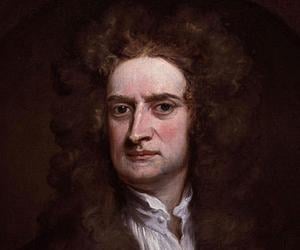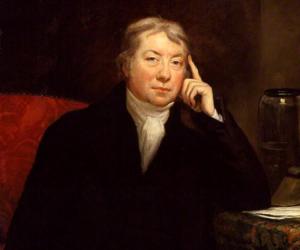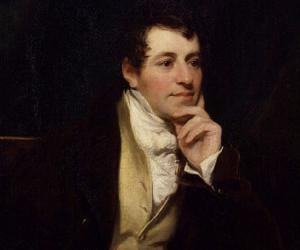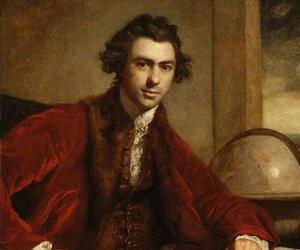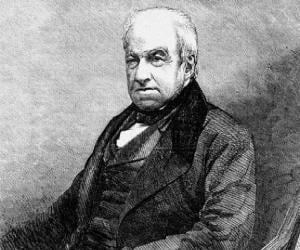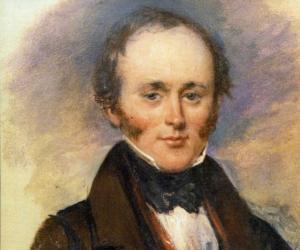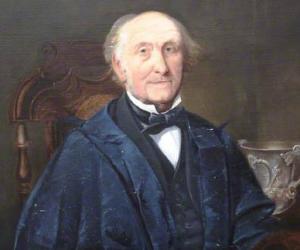John Dalton was an English chemist, physicist, and meteorologist most famous for introducing the atomic theory into chemistry. He also contributed a lot to the study of color blindness, sometimes referred to as Daltonism in his honor. He was the first scientist to refer to the smallest particle of matter as an “atom.” He was a Quaker and lived modestly.
William Herschel was a German-born British astronomer and composer. He pioneered the use of astronomical spectrophotometry and discovered infrared radiation. Impressed by his work, King George III appointed him the Court Astronomer. Herschel often collaborated with his sister, Caroline Lucretia Herschel, a fellow astronomer. In 1816, he was made a Knight of the Royal Guelphic Order.
Best remembered for his contribution to the chemistry of gases, Joseph Priestley was an English scientist, clergyman, political theorist and educator, who has been credited with discovering oxygen independently, publishing his findings before Carl Wilhelm could. A prolific writer, he has authored 150 works on various subjects including electricity. He also contributed immensely to the advancement of political and religious thoughts.
English natural philosopher, scientist, and a prominent experimental and theoretical physicist and chemist Henry Cavendish is best-remembered for his discovery of hydrogen and his Cavendish experiment. He first recognized that hydrogen, which he termed inflammable air, is a discrete substance which produces water on combustion. He conducted the Cavendish experiment to measure and produce a value for Earth’s density.
Edmond Halley was an English astronomer and mathematician who was mainly concerned with practical applications of science. He abandoned college education to travel to St. Helena. He published catalogue of 341 southern stars with telescopically determined locations. Known for his wide range of interest, he helped Newton to publish his magnum opus, Philosophiæ Naturalis Principia Mathematica. He used Newton's Law of Motion to compute periodicty of Halley’s Comet.
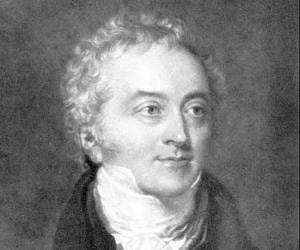
Often referred as The Last Man Who Knew Everything, British polymath Thomas Young made significant contributions to a wide range of subjects like vision, light, energy, musical harmony etc. Especially famous for Wave Theory of Light, he also made significant contribution in deciphering of Egyptian hieroglyphs. Young-Helmholtz theory, Young temperament and Young's Modulus carry his legacy to these days.
One of the most influential and popular scientists of all time, Sir Isaac Newton played a prominent role in our understanding of natural phenomena. He formulated the law of universal gravitation and laws of motion. He also developed the Newtonian telescope among other devices. Apart from science, Newton was also intrigued by religion, occult, and alchemy.
Edward Jenner was an English scientist and physician. Referred to as the father of immunology, Jenner is credited with pioneering the concept of vaccines. Jenner's work laid the foundation for subsequent discoveries in the field of immunology; his work is believed to have saved more lives than any other work. In 2002, Jenner was included in BBC’s Greatest Britons list.
Best remembered for his invention of the Davy lamp, a safety lamp for miners, Humphry Davy initially aspired to be a doctor but later deviated to chemistry. The Copley Medal winner had co-founded the Zoological Society of London. He also excelled in writing poetry and loved fishing.
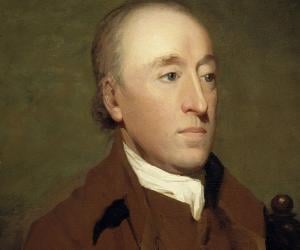
The pioneer of modern geology, James Hutton laid down the principle of uniformitarianism in geology. While he was initially interested in chemistry, he had later also studied law and had then moved on to medicine. His iconic Theory of the Earth explained the science behind rock formations.
British naturalist Joseph Banks is remembered for accompanying Captain James Cook on his voyage across places such as Brazil and Tahiti. He had also been the president of the Royal Society for over 40 years. Both his herbarium and library now find a place at the British Museum.
Copley Medal-winning Scottish botanist Robert Brown is remembered for his detailed descriptions on topics such as the cell nuclei and what later came to be known as the Brownian motion. After studying medicine, he had also served the British Army as a surgeon and also toured the Australian shores aboard The Investigator.
Charles Lyell was a Scottish geologist best remembered for his work Principles of Geology, which explains the origin of the earth. He is also remembered for his pioneering explanation of climate change. A close friend of Charles Darwin, Charles Lyell is also credited with influencing many of Darwin's works pertaining to the theories of evolution.
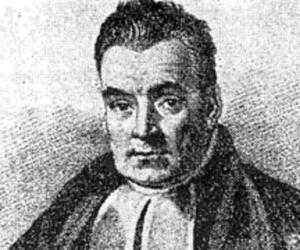
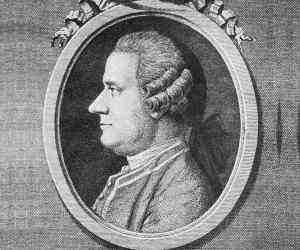
The man who discovered photosynthesis, Jan Ingenhousz was born in the Netherlands but later settled in England. He is also remembered for his pioneering research on thermal conduction and the prevention of smallpox and even successfully inoculated the Habsburg family against smallpox. He was also Maria Theresa’s personal doctor.
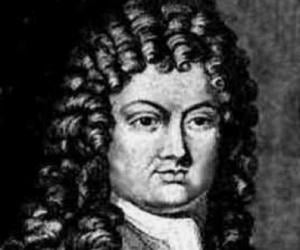
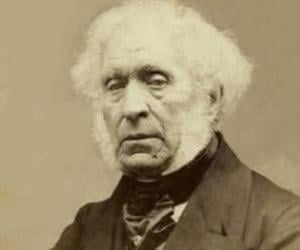
David Brewster was a British scientist, inventor, and author. He conducted many experiments in physical optics, especially concerned with the study of the polarization of light. Fellow scientist William Whewell dubbed him the "father of modern experimental optics." He was also a pioneer in photography and invented an improved stereoscope. He wrote numerous works of popular science as well.
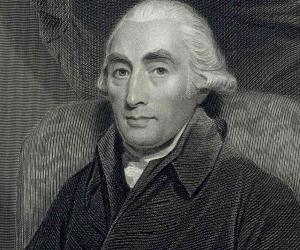
Joseph Black was an 18th-century Scottish physicist and chemist. He is remembered for his discoveries of magnesium, specific heat, latent heat, and carbon dioxide. He spent several years of his career as a professor of medicine and chemistry at the University of Edinburgh. In 1783, he became one of the founders of the Royal Society of Edinburgh.
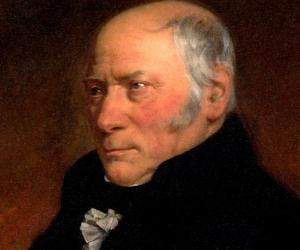
British geologist William Smith, who is regarded as the Father of English Geology, is remembered for developing the science of stratigraphy. His geologic map of England and Wales was the world’s first nationwide and detailed geologic map. He was also the recipient of the first Wollaston Medal.

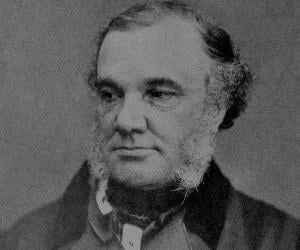
The man behind the discoveries of ailments such as Addison's disease and Addison’s (pernicious) anemia, British physician Thomas Addison also co-wrote the first book on the effect of poisonous agents on the human body. He plunged into depression in his later years and eventually committed suicide.
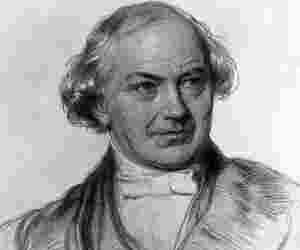
William Whewell was an English polymath, scientist, philosopher, theologian, and historian of science. He worked in a wide range of fields, publishing works in the disciplines of physics, mechanics, geology, economics, and astronomy. He also wrote poetry, sermons, and theological tracts. He is credited with coining the terms linguistics, physicist, consilience, scientist, catastrophism, and uniformitarianism.
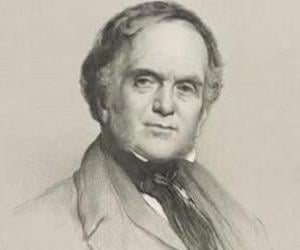
Scottish engineer and political economist William Playfair is best-remembered as the inventor of statistical graphs and secret agent for Great Britain during its war with France. He published the first data graphs in his book The Commercial and Political Atlas. He used line, area and bar charts to represent the economy of 18th Century England and introduced the pie chart.
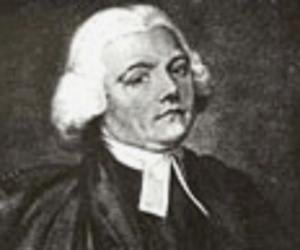

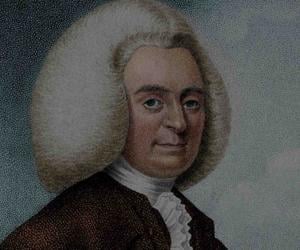
Colin Maclaurin was a Scottish mathematician best remembered for his contributions to algebra and geometry. A child prodigy, Maclaurin became one of the youngest professors in history when he became a professor of mathematics at the age of 19. Colin Maclaurin also contributed immensely to the study of elliptic integrals and is credited with discovering the Euler–Maclaurin formula.
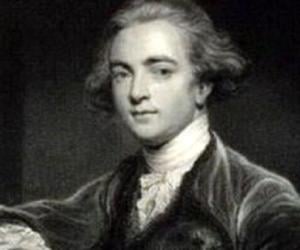
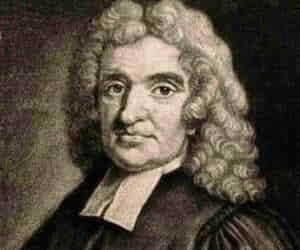
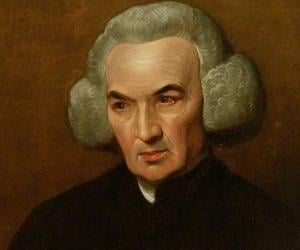
British moral-philosopher Richard Price is best-remembered for significantly editing Bayes–Price theorem. He edited An Essay towards solving a Problem in the Doctrine of Chances, a major-work of his deceased friend Thomas Bayes. It appeared in Philosophical Transactions and included Bayes' Theorem. His work on legacy of Bayes, led Price to get elected as a Fellow of the Royal Society.
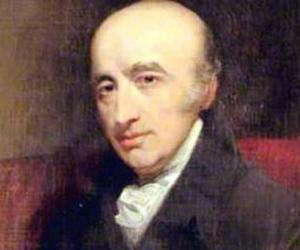
William Hyde Wollaston was a pioneer of powder metallurgy and the first to develop malleable platinum from its ore. He is also credited with the discoveries of palladium and rhodium. A Fellow of the Royal Society, he dictated his last Bakerian lecture, as he was too ill to deliver it.
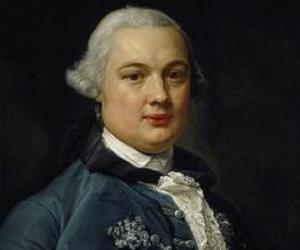
Scottish explorer James Bruce is best known for his treatises of travel and his discovery of the source of the Blue Nile. Initially a wine merchant, he later became a British consul in Algiers and decided to explore North Africa. He traveled to places such as Syria, Ethiopia, and Egypt.
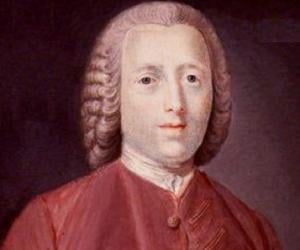
British naturalist and biologist John Needham was also a Roman Catholic priest who became the first Catholic clergyman to be named a Fellow of the Royal Society of London. He supported the theories of spontaneous generation and vitalism. He also served the Imperial Academy in Brussels as its director.
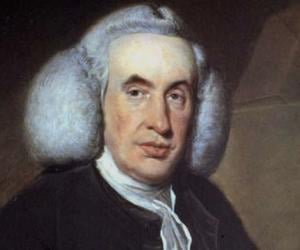
Apart from being a prominent Scottish physician, William Cullen was also a main pillar of the Scottish Enlightenment. Not only did he treat luminaries such as philosopher David Hume, but he also treated the poor free of cost. A University of Edinburgh professor of medicine, he was also a Royal Society Fellow.
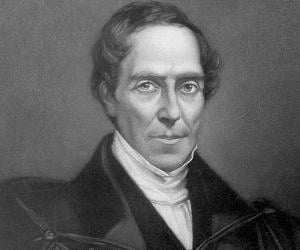
Gideon Mantell was a British geologist, obstetrician, and palaeontologist. Mantell's attempt to reconstruct the structure of Iguanodon started the scientific study of dinosaurs. He is also credited with discovering the first fossil teeth of Iguanodon. Subsequently, Gideon Mantell went on to discover and identify much of the skeleton of Iguanodon.
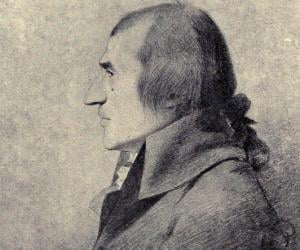
James Rennell was an English historian and geographer. A pioneer of oceanography, Rennell is often referred to as the Father of Oceanography. Rennell, who served as a Surveyor General of Bengal, India, is credited with producing some of the earliest accurate maps of Bengal. James Rennell is also credited with co-founding the Royal Geographical Society in London in 1830.

James Ivory was a British mathematician and astronomer best remembered for developing Ivory's Theorem. In 1814, he was honored with the prestigious Copley Medal for publishing several important memoirs.
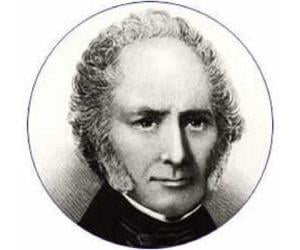
William Sturgeon was an English physicist and inventor. He invented the first practical English electric motor and made the first electromagnets. A self-taught genius, he became a lecturer at the East India Company's Military Seminary at Addiscombe, Surrey. Along with John Peter Gassiot and Charles Vincent Walker, he was instrumental in founding the London Electrical Society in 1837.

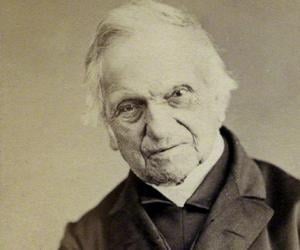
Adam Sedgwick was a British Anglican priest and geologist. He is credited with guiding and mentoring Charles Darwin during his early years. However, Sedgwick went on to oppose Darwin's theory of evolution. The world's oldest student-run geological society, The Sedgwick Club, was established in his honor in 1880.
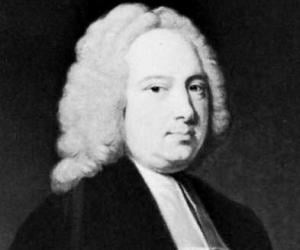
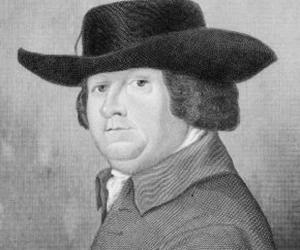
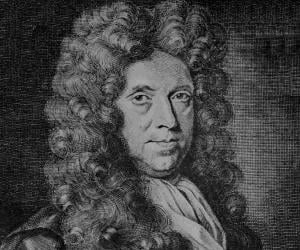
English botanist Nehemiah Grew is considered a pioneer of plant anatomy, along with Italian biologist and physician Marcello Malpighi. Initially a physician, he later penned iconic books on botany, such as The Anatomy of Plants. He also made pioneering studies in finger-print patterns. A genus of trees has been named after him.
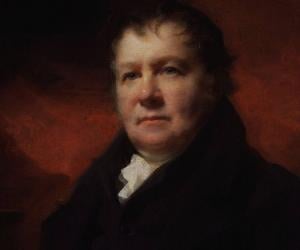
William Hopkins was an English geologist and mathematician. He is remembered for serving as a private tutor of prospective undergraduate Cambridge mathematicians, which earned him the nickname senior-wrangler maker. Hopkins also played first-class cricket and was associated with Cambridge University Cricket Club. He had an unfortunate end to his life as he spent his final years in a lunatic asylum.
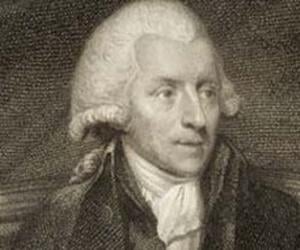
Born to a surgeon, William Withering followed in his father’s footsteps to become a physician, though he also had immense knowledge of botany, geology, and chemistry. He not only treated edema, or dropsy, with the help of the foxglove plant but also studied scarlet fever and suggested rum as a medical substitute.
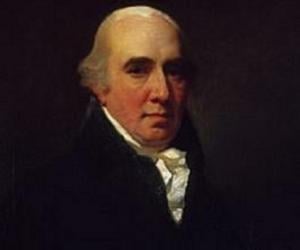
Dugald Stewart was a Scottish mathematician and philosopher best remembered for his efforts to popularize the works of Adam Smith and Francis Hutcheson. Considered one of the most prominent personalities of the Scottish Enlightenment, Stewart played a major role in explaining the Scottish Common Sense Realism. Among his students were Sir Walter Scott, Sir Archibald Alison, and Sir James Mackintosh.
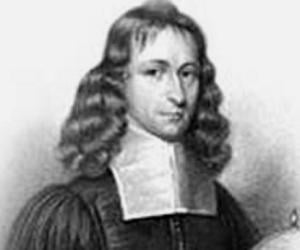
Francis Hauksbee was an 18th-century English scientist. He is remembered for his work on electricity and electrostatic repulsion. He began his career as a draper and may have run his own drapery. He eventually became Isaac Newton's lab assistant and began his scientific career. With time, he gained a reputation as a talented scientific instrument-maker.


